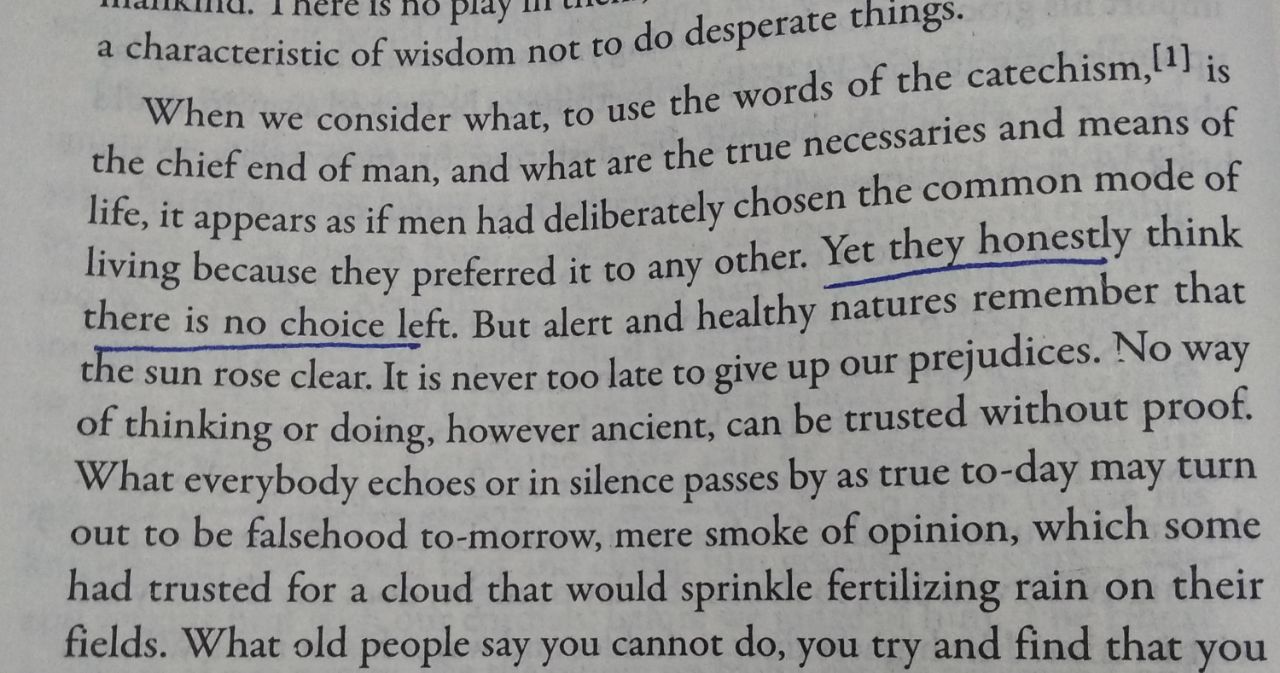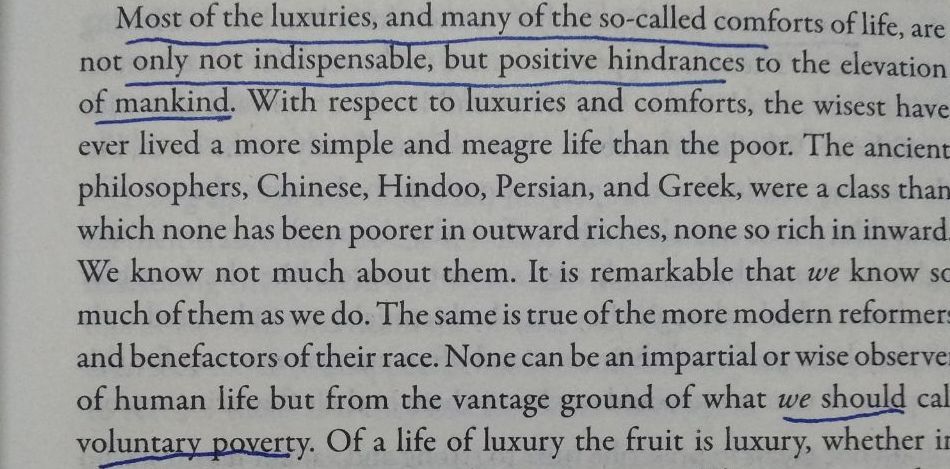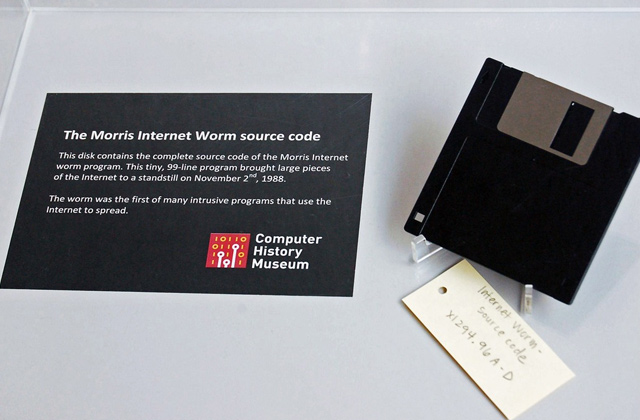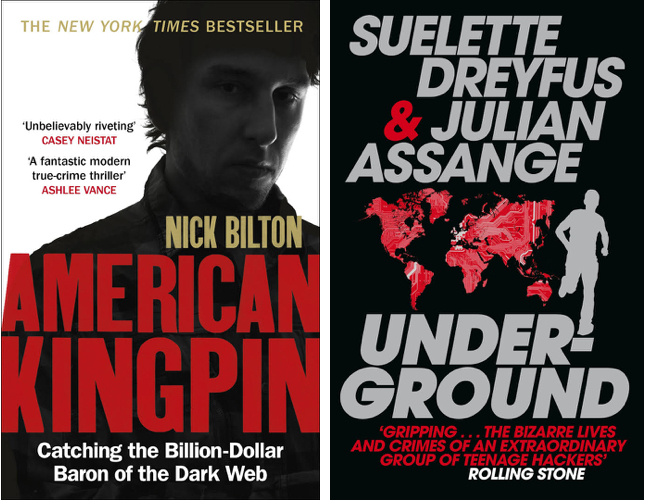Wow! What a story!
These are the words I am mumbling as I finish the last pages of Shoe Dog - A memoir by Nike's founder Phil Knight
Its a compelling story and a salute to the spirit of entrepreneurship. It never occurred to me that a brand which seems to be omni-present now, had such humble beginnings. It was just a "Crazy Idea" in the minds of a young guy in Oregon, USA.
I am sure I will not be able to capture all the beautiful moments in this book, there are too many to list. But here are a few thoughts which captivated me while reading the book.
1. What is "business"?
I thought of the phrase, "It's just business." It's never just business. It never will be. If it ever does become just business, that will mean that business is very bad.
Is business just about making money? That is one of the questions which Phil visits frequently. At each point he says that, although money is needed for keeping the business alive, it is not why they were doing this. It was a "mission". To create a place where people would "belong". Money is to business, as blood is to human life. Although blood is needed to keep feeding different parts of the body with nutrients, it is not why we live.
Nike went through many crises in terms money. There were times when their cheques bounced, when they couldn't pay off their debts. So money was absolutely crucial for their survival. But money was not why they were doing this.
2. Giving people chance
The way Phil hired people was unique. He didn't look for the degrees or the experience they have. It was always a gut feeling. If he liked the guy, he would hire him. Irrespective of what his degree was, what he was currently doing in life. The key thing which he looked for was a sense of "purpose". Mission. If he thought the guy has that, he will hire him. No questions asked.
3. The search for meaning
Oneness - in some way, shape or form, it's what every person I've ever met has been seeking.
It just amazes me, how Phil goes from mundane practicality to deep philosophy within a few moments.
At the heart of it, whatever we do, is just another step in finding an answer to this search. This perpetual quest. Isn't it?
4. The Why?
I told her that I flat-out didn't want to work for someone else. I wanted to buid something that was my own, something I could point to and say: I made that. It was the only way I saw to make life meaningful.
People often ask why someone becomes an entreprenuer. After all, the "risk-reward" calculation never makes sense. I think the above line captures the idea very elegantly.
5. To Young People
I'd tell them to hit pause, think long and hard about how they want to spend their time, and with whom they want to spend it for the next forty years. I'd tell men and women in their midtwenties not to settle for a job or a profession or even a career. Seek a calling. Even if you don't know what that means, seek it. If you're following your calling, the fatigue will be easier to bear, the disappointments will be fuel, the highs will be nothing you've ever felt.
Wow! Just wow!
If you don't take anything else away from this book, just internalise the above lines.
6. On giving up
And those who urge entrepreneurs to never give up? Charlatans. Sometimes you have to give up. Sometimes knowing when to give up, when to try something else, is genius. Giving up doesn't mean stopping. Don't ever stop.
In the startup world, we often hear this oft-quoted sutra of not giving up. And here, the founder of a 100bn dollar company says that it's OK to give up. In fact knowing when to give up is genius.
Those who urge entrepreneurs never to give up are charlatans. Yes, charlatans.
7. Giving back
Phil and Penny Knight donate 100 mn USD every year, and he says that he will continue doing so for the rest of his life.
Bill Gates and Warren Buffet also have committed significant amount of money to charity. This makes me wonder - why do all rich people finally end up giving back their wealth to the society? I think this really proves the often quoted fact that they were not in it for the money.
May be after a point, the greater joy which you can buy from money is by giving it back to those who need it more.
8. Mental Whitespace
I spent a fair portion of each day lost in my own thoughts, tumbling down mental wormholes, trying to solve some problem or construct some plan.
To deliberate on big plans and detail out their execution you need mental whitespace to think about them, ponder about the details. Steve Jobs is known for keeping time for planning and thinking about things. Jeff Bezos keeps his schedule light so that he gets ample time to think and manoeuvre big plans.
However, I think keeping time for mental whitespace is becoming more and more difficult in this constantly connected world of ours. You always have an urge to check your mail or twitter notifications. All this constant flow of information decreases our ability to focus and plan for the long term.
How do we prevent this distractedness and focus on more important things?
9. Private person
Phil says that he is an intensely private person. But he managed to go to Japan, set up his company, fight with banks and take his company public. Many people think that entrepreneurship or leading is a thing for extroverts, those who are more comfortable in front of people than in solitude. Phil shows that as long as you believe in your mission, you can scale a company inspite of being intensely private.
This also reminds me of the book Quiet by Susan Cain which talks about the power of introverts.
10. Working part time
Phil started Blue Ribbon Sports (which later became Nike Inc) in 1964, but he started working full time on it only from 1969. Between 1964-68 he worked as a full time employee at PwC as an accountant as Blue Ribbon Sports wasn't earning enough to pay for his salary. He worked on his startup only after work and during weekends. In 1968 he joined Portland State University as an assistant professor as it allowed him more time to work on his startup.
The popular narrative of our times is that, if you want to do a startup, you have to commit full time into it. And here is a man who built a 100 bn dollar brand while having a full time job for the first 5 years of its inception.
11. Competition and being in the moment
People reflectively assume that competition is always a good thing, that it always brings out the best in people, but that's only true of people who can forget the competition. The art of competing, I'd learned from track, was the art of forgetting, and I now remind myself of the fact. You must forget your limits. You must forget your doubts, your pains, your past. You must forget that internal voice screaming, begging, "Not one more step!"
Anybody who has participated in any competition of significance would attest to the fact that the secret of success in a competition is forgetting that you are in a competition. You just have to be present in the moment and act as you would naturally act. If you constantly think about the importance of a competition, it would cloud your thought process and you won't be able to give your best.
This idea is also one of the key ideas in Miyamoto Musahi's The Book of Five Rings. If you have preconceived plans then you would not be able to react swiftly, just be in the moment and act.
12. You can sell it if you believe in it
Before starting Blue Ribbon Sports, Phil toured the world and spent considerable time in Hawaai. In Hawaai, he took a job of selling encyclopaedias and had a horrid time at it. He thought that "selling" is not suited for his private nature. But when he went out for selling shoes imported by his company, he enjoyed it and had great success.
The key thing is belief. If you believe what you are selling is genuinely good for the customer, you would have a great time doing it. Gary Vaynerchuk, who is a renowned entrepreneur and hustler, also tells the same thing. Unless you really, deeply believe that what you are selling is genuinely good for the customer, you won't be good at selling it.
I wonder how many folks in sales today really believe in what they are selling.
 On comforts of life
On comforts of life If the wisest men of their time have lived a simple life, does running after material gains really matter?
If the wisest men of their time have lived a simple life, does running after material gains really matter? The floppy disk with the source code of the Morris worm is now kept in the Boston Museum of Science
The floppy disk with the source code of the Morris worm is now kept in the Boston Museum of Science Books: American Kingpin and Underground
Books: American Kingpin and Underground